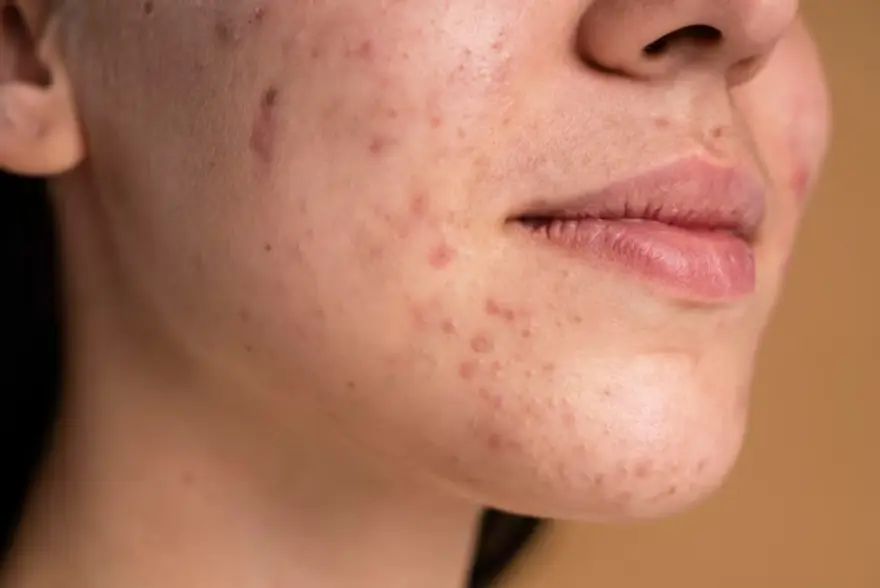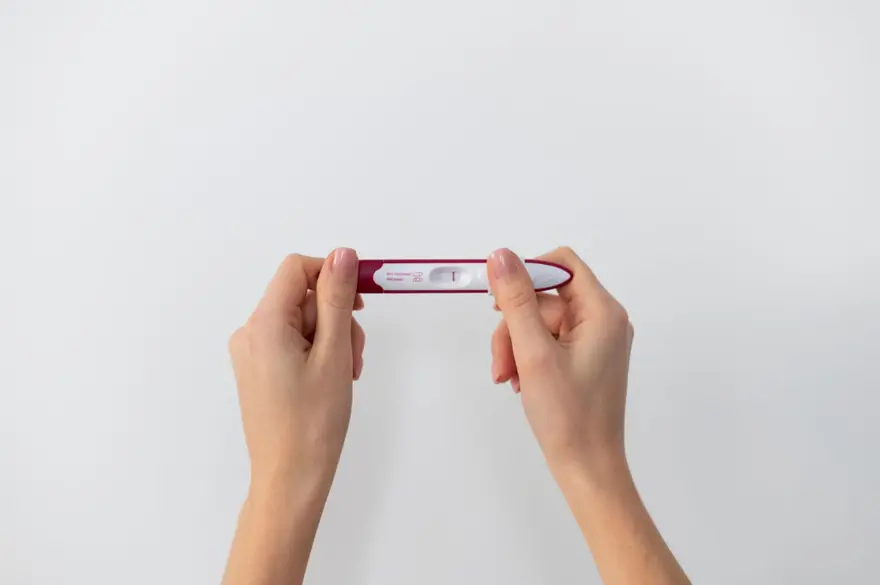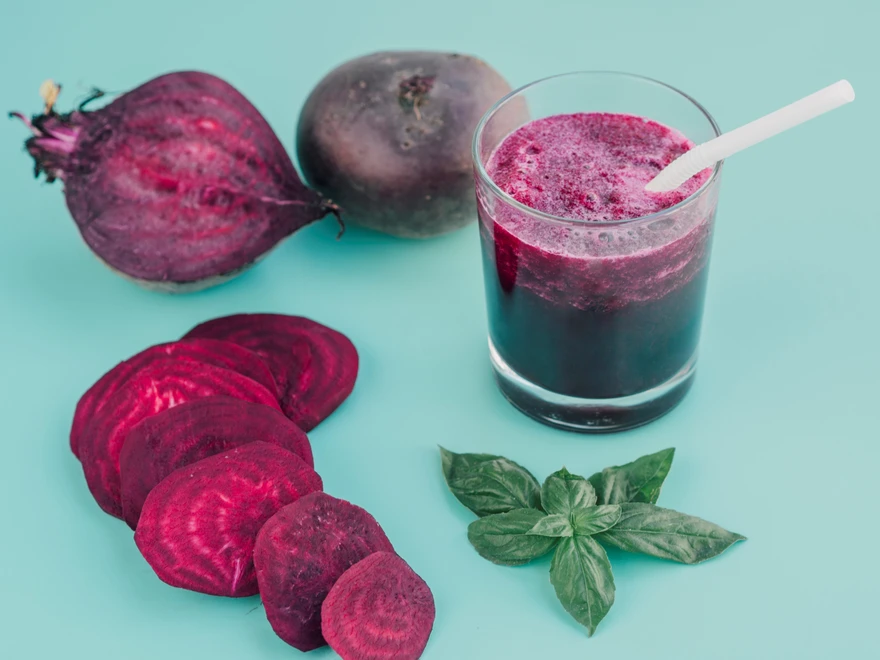Preventive Healthcare
Exploring Acne: Types, Symptoms, Causes, and Treatment Strategies
2112 Views
0

If you have ever felt annoyed and troubled about unwelcome blemishes or breakouts that appear on your skin, you are not alone! These are known as acne, and people from all over the world face this skin problem. This comprehensive guide delves deep into the biology of acne. From understanding the acne symptoms to exploring the causes of acne, this read will equip you with insights to manage and overcome those pesky skin breakouts. Stay with this blog to know more!
What is Acne?
Acne is a common skin condition characterised by developing pimples, blackheads, and whiteheads. It is an inflammatory reaction that occurs when the pores in your skin are clogged. It can be painful, however, in most cases, acne does not pose a serious threat to your health.
What are the types of acne?
Several acne types are observed to appear on your skin. Some common acne types include:
- Comedones (Blocked pores or hair follicles)
- Open Comedones (Blackheads): Pores with open tops, allowing oxidation of trapped debris (accumulated substances like dead cells, oil, etc.).
- Closed Comedones (Whiteheads): Pores with closed tops, preventing oxidation and appearing as small, flesh-coloured bumps.
- Fungal Acne
Fungal acne, scientifically known as Pityrosporum Folliculitis, is a skin condition caused by an overgrowth of yeast on your skin. Unlike traditional acne, it results from the yeast Malassezia, leading to small, itchy, red bumps often mistaken for regular acne.
- Nodulocystic Acne
These are a combination of hard lumps or cysts deep beneath the skin that cause extensive skin damage. It is a severe form of acne.
- Acne Mechanica
This develops due to heat, pressure, or friction on the skin. It is common in athletes or if you wear tight clothing.
- Hormonal Acne
This type is common in women and is often associated with menstrual cycles, pregnancy, or Polycystic Ovary Syndrome (PCOS).
Who Does Acne Affect?
Acne is a prevalent skin condition affecting men and women of various ages and backgrounds. While adolescence is a common time for its onset due to hormonal changes, acne can persist into adulthood. The age group most prone to acne is typically between 12 to 24. Nevertheless, adult-onset acne is not uncommon, and it can affect you even if you are beyond your mid-20s.
How Common is Acne?
Acne is highly common. It affects a significant portion of the population. Acne is seen in more than 85% of people at some point in their lives. Therefore, it is a widespread skin condition.
Where on My Body Will I Have Acne?
Acne commonly appears on your face, particularly your forehead, cheeks, and chin. However, it can also affect your neck, chest, back, and shoulders. Nevertheless, the distribution may vary, influenced by factors like genetics, hormonal fluctuations, and skincare habits.
What are the Symptoms of Acne?
The symptoms of acne can vary in severity. Common acne symptoms include:
- Whiteheads: Closed plugged pores that appear as small, white bumps on your skin's surface.
- Blackheads: Open plugged pores that have a dark appearance due to the oxidation of trapped debris.
- Papules: Small, red bumps that may be tender to the touch.
- Pustules: Pimples filled with pus, often characterised by a white or yellow centre.
- Nodules: Large, painful lumps beneath the surface of your skin.
- Cysts: Deep, painful, pus-filled lumps that can cause scarring.
What Causes Acne?
The causes of acne can vary based on the severity and type of acne. Common acne causes include:
- Excess Sebum Production: Elevated sebum (skin oil) production, influenced by hormonal changes, can clog your hair follicles, stimulating acne development.
- Clogged Hair Follicles: Accumulated dead skin cells and debris mixed with sebum create a plug that obstructs hair follicles, leading to acne.
- Bacterial Overgrowth: Propionibacterium acnes, a naturally occurring bacterium on your skin, can multiply in clogged follicles, causing inflammation and acne.
- Hormonal Fluctuations: Hormonal changes, common during adolescence, pregnancy, and menstrual cycles, can stimulate sebum production, contributing to acne.
- Genetics: Family history can also be a significant cause of acne. You may be more susceptible to acne if you have a genetic predisposition.
- Dietary Factors: Some studies suggest a link between high-glycemic diets and dairy consumption with acne; however, research on dietary factors is ongoing.
Triggers of Acne
Several common practices that can trigger acne are:
- Specific skincare and cosmetic products containing comedogenic (pore-clogging) ingredients can trigger acne.
- Excessive washing or harsh cleansers can strip your skin of natural oils, increasing sebum production and acne.
- Certain medications, like corticosteroids or contraceptives, can influence hormone levels and contribute to acne.
- Environmental factors, including high humidity and pollutant exposure, may exacerbate acne.
- Stress is recognised as a potential trigger, influencing hormonal balance and skin health.
- Using dirty towels, phone screens, or hands on the face can transfer bacteria, contributing to acne.
Foods That Cause Acne
Some food types can also be a cause of acne. For instance:
- Refined carbohydrates like white bread and sugary snacks can elevate blood sugar levels, potentially triggering acne.
- Dairy, including milk and cheese, may influence hormone levels, exacerbating acne in some individuals.
- High-fat, greasy foods may increase sebum production, potentially worsening acne in susceptible individuals.
- While the evidence is inconclusive, some studies suggest a possible link between chocolate consumption and acne.
Hormones and Acne
Hormones play an essential role in the development of acne on your skin. Androgens, commonly elevated during puberty, impact your skin's oil balance, leading to acne. These androgens also influence the process of keratinisation, where skin cells are shed and replaced. An imbalance in hormones can lead to abnormal shedding of skin cells, causing them to stick together and plug the hair follicles, causing acne.
How is Acne Diagnosed?
Proper acne treatment begins with an accurate diagnosis of the type of acne. Here is a step-by-step process on how acne is usually diagnosed:
- Visual Inspection: A dermatologist assesses your skin's appearance, identifying acne lesions and their characteristics. Determining the presence of blackheads, whiteheads, papules, pustules, nodules, or cysts aids diagnosis.
- Medical History: After a physical inspection, the doctor gathers information about the patient's medical history, including a family history of acne and potential triggers.
- Testing Hormone Levels: If hormonal imbalance is suspected, blood tests such as the Sex Hormone Binding Globulin (SHBG) test or Dehydroepiandrosterone Sulfate (DHEAS) test may be conducted to assess your hormone levels.
- Microbial Analysis: In cases of severe or persistent acne, microbial analysis, such as bacterial or fungal cultures, may be done to identify specific pathogens.
Who Treats Acne?
Dermatologists are healthcare professionals who specialise in the diagnosis and treatment of acne. They provide personalised care by prescribing acne medications and recommending skincare routines.
How Severe Can Acne Get?
Acne severity varies from mild to severe.
Mild cases involve blackheads and whiteheads, whereas moderate acne includes papules and pustules. However, severe acne extends beyond minor blemishes that resolve quickly. If you have severe acne, you will often experience extensive skin coverage by large cysts or inflamed nodules. This condition can result in swelling, scarring, and the presence of painful, hardened lesions.
How is Acne Treated?
Acne treatment involves a multifaceted approach. Topical treatments, like benzoyl peroxide or retinoids, target surface issues, while oral medications, such as antibiotics or hormonal therapies, address internal factors. On the other hand, dermatological procedures like chemical peels or laser therapy can help manage acne and minimise scarring. Nevertheless, adopting a consistent skincare routine with non-comedogenic products complements medical interventions.
Topical Acne Medications
Topical acne medications are gels, creams, lotions, or pads, which contain active ingredients that work to alleviate acne symptoms.
- Benzoyl Peroxide: A common and effective ingredient, benzoyl peroxide combats acne by reducing bacteria on the skin and possesses anti-inflammatory properties, aiding in acne treatment. This prevents the formation of blackheads and whiteheads.
- Retinoids (Retin-A, Tretinoin): Retinoids, derived from Vitamin A, promote cell turnover and prevent the formation of comedones. This helps unclog pores, reduce inflammation, and enhance the overall texture and appearance of the skin.
- Topical Antibiotics (Clindamycin, Erythromycin): Antibiotics in topical form work to deter bacterial growth on the skin's surface. These are particularly effective in treating inflammatory acne lesions like papules and pustules.
- Salicylic Acid: Salicylic acid exfoliates the skin and helps to unclog pores by dissolving dead skin cells. It is effective in treating blackheads and whiteheads and can reduce inflammation.
- Azelaic Acid: Azelaic acid possesses antimicrobial properties and helps reduce inflammation. This is effective in treating acne and may also improve post-inflammatory hyperpigmentation.
It is pertinent to remember that while these medications can be effective, it is crucial to use them as directed by a dermatologist. Also, you may experience mild irritation or dryness initially, but these side effects often subside with continued use. If the side effects persist, promptly consult a dermatologist.
Oral Acne Medications
Oral acne medications are systemic treatments prescribed to address acne-related issues from within your body. Common oral medications for acne include:
- Antibiotics like doxycycline or minocycline that target bacteria, reducing inflammation.
- Hormonal therapies, including birth control pills, regulate hormonal fluctuations, particularly in females.
- Oral retinoids, such as isotretinoin, are potent medications reserved for severe cases, helping reduce sebum production and preventing the formation of acne lesions.
These medications are often recommended when topical treatments prove insufficient. Therefore, the dosage of these medications requires close medical supervision due to potential side effects like nausea, vomiting, diarrhoea, etc.
Other Acne Therapies
Complementary acne therapies include dermatological procedures like chemical peels, microdermabrasion, or laser therapy targeting acne and minimising scarring. Even photodynamic therapy, combining light and topical medications, can be effective. Intralesional injections or drainage are helpful in the treatment of cysts and inflammatory papules.
How Long Does it Take for Acne to Clear Up?
The duration for acne to clear varies widely based on factors like severity, chosen treatments, and individual response.
Mild cases may show improvement in 1-2 weeks, while moderate acne might take a few months. However, severe cases, especially those requiring oral medications like isotretinoin, may take several months to see significant results.
How Can I Prevent Acne?
To prevent acne, you should:
- Maintain a good skincare routine using non-comedogenic products.
- Cleanse your face twice daily, avoid excessive scrubbing, and use oil-free moisturisers.
- Keep hands away from the face to minimise bacterial transfer.
- Choose a balanced diet incorporating fruits, vegetables, whole grains, and lean proteins and avoid dairy products if they trigger acne.
- Manage stress through relaxation techniques.
- Regular exercise and adequate sleep contribute to overall skin health.
What Can I Expect If I Have Acne?
If you have acne, your morning rituals often begin with facing the mirror. Physically, acne can be uncomfortable, with the possibility of pain and tenderness accompanying inflamed areas. The ever-present awareness of these sensations serves as a constant reminder of your skin's condition. So, your daily skincare routine may involve carefully selecting products designed to manage acne, hoping for gradual improvement. However, you can easily manage and minimise acne with proper care and suitable treatments.
Can Acne Cause Scars?
Yes, acne can cause scars, mainly when lesions are inflamed and penetrate deep into your skin. This happens when the skin attempts to heal from severe acne, altering collagen production and resulting in different types of scars—hypertrophic, atrophic, or keloid. Inflammatory acne types, such as nodules and cysts, are more prone to scarring. This is why it is essential to manage acne promptly to minimise the risk of scarring.
How Does Acne Affect My Mental Health?
Acne can significantly impact mental health, causing emotional distress and affecting self-confidence.
Visible skin blemishes may lead to self-consciousness, social anxiety, and feelings of isolation. The constant focus on appearance can further contribute to depressive symptoms. Therefore, to cope with acne-related challenges, it is essential that you do not stress too much about acne and accept it as a regular occurrence. Know that it is easily treatable, and you can always seek professional advice from dermatologists or mental health professionals if necessary.
Conclusion
Understanding and managing acne involves a multifaceted approach comprising skincare, medical interventions, and psychological well-being. From recognising diverse acne types and causes to exploring effective treatments, the journey to clearer skin demands patience and consistency. Therefore, personalised prevention strategies, seeking professional guidance, and adopting a holistic mindset are essential in managing this common skin condition. If you are worried about being acne-prone and suspect elevated hormone levels, book your slot for a blood test with Metropolis Labs, the leading name in diagnostic services. Trusted by the best doctors and hospitals across India, experience precision diagnostics like never before, only at Metropolis Healthcare!























 WhatsApp
WhatsApp
